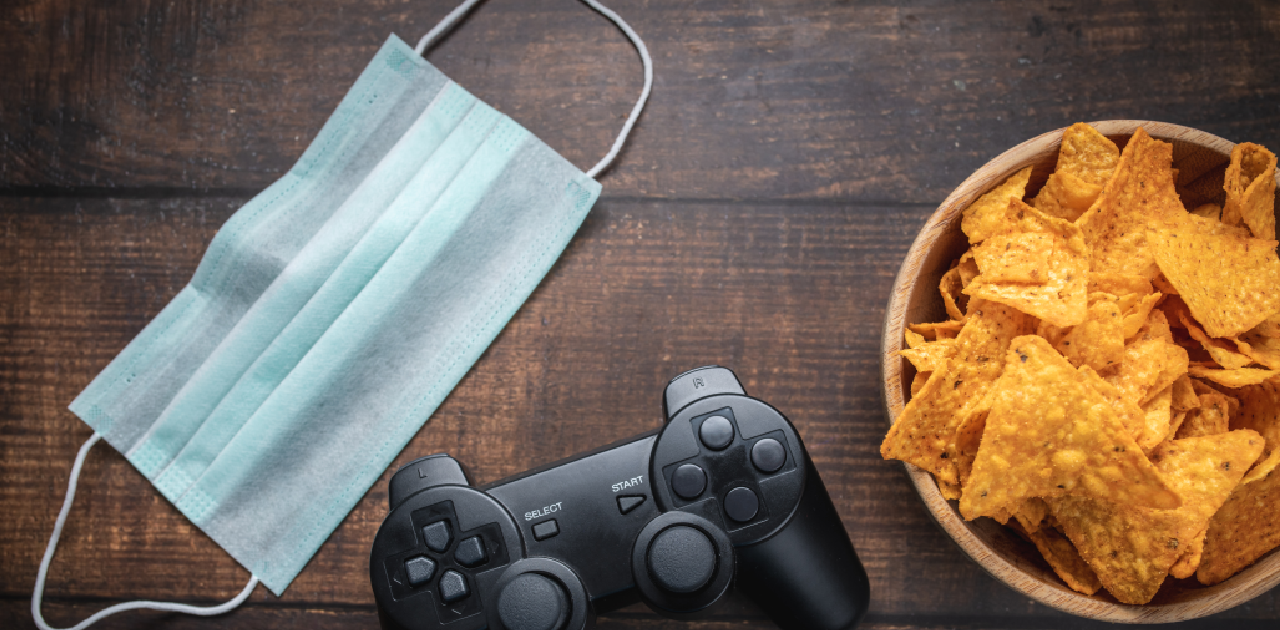Throughout the course of history, humans have lived through many pandemics like the Plague of Justinian (541-549 C.E.), the Black Death(1347-1351), and Spanish flu (1918-1920) which have taken numerous lives.
In the times of pandemic, human beings have always found a way to be resilient against the invisible threat. Our biological vulnerability is exposed and we find ourselves in a dire situation calling for extreme caution and radical changes in our lifestyle. We try to adapt to these sudden changes and new indoctrinations that seem to govern our existence. Amidst all of this, we find a way to survive all the while dealing with the ensuing problems of a pandemic where we cease to be social animals. Throughout the course of history, humans have lived through many pandemics like the Plague of Justinian (541-549 C.E.), the Black Death(1347-1351), and Spanish flu (1918- 1920) which have taken numerous lives. It is important to note here that the historical periods when the pandemics occurred have governed our responses to the threat we faced. In current situation, we face a pandemic in the age of the internet. The global village is damned by a coronavirus that has brought our lives to a sudden and unprecedented standstill.
Come November, it will be a year since the world saw the rise of another pandemic-an attack by a highly infectious virus but with a comparatively lower fatality rate. Stringent lockdowns, meticulous hygiene routines seem to be the only way to bear the brunt of the invisible storm. This is a simulation gone real- a mobile game namely Plague Inc. initially released in the year 2012, is a real-time strategy game that enables the player to create and evolve their own pathogen to infect the world population. The way to win is to infect and wipe out the entire population before a vaccine or a cure is developed. After 8 years from its inception, we are actually living in that particular simulation with the only difference being that we are the victims and not the player. This simulated reality has brought forth numerous challenges like coping with the stress, ensuring stable mental health, maintaining sustainable financial conditions with the looming threat of job uncertainty. Lack of social and physical interaction amidst the pandemic has jeopardized our holistic
well-being.
On the other hand, the virtual interactions be it personal or work space, have pushed us deeper into this simulation where society is an interconnection of dots demarcating our position in this virtual web.
Technology has somewhat alleviated these symptoms as we could actually connect with others albeit virtually. On the other hand, the virtual interactions be it personal or work space, have pushed us deeper into this simulation where society is an interconnection of dots demarcating our position in this virtual web. Confined within the walls of our home, this pandemic has curtailed the boundaries of our social sphere where anxiety, depression and paranoia can conveniently set in. The possible way to maintain oneself in this situation, is to follow a routine, exercise and eat healthy. Many studies have followed up on this aspect of maintaining one’s health in these times, such that we come out unscathed once the ordeal is over. As more research is being conducted on the virus, its mode of transmission and effects, we face a bombardment of information having the potential to confuse us in matters of what to believe and what to follow. In this ever changing landscape of information exchange, we need to maintain our personal hygiene because this is the one common factor in all the data we have received and analysed so far in terms of protecting ourselves.
A new term has been doing the rounds especially after the lockdown has been relaxed particularly in the case of India. Behavioural fatigue is something that is on the rise. People are tired of maintaining the norms of the ‘new normal’ and hence tend to get lackadaisical while following the rules of personal hygiene and social distancing. This has dangerous implications as we are currently seeing a surge in the case load of Delhi especially after a month of flattening the growth rate of new cases. This surge has been attributed to behavioural fatigue and a sense of complacency amongst individuals. The pandemic is here to linger on further until a vaccine is developed. The process of vaccine development is extremely rigorous and we shouldn’t expect miracles in this particular process. As long as we are in this pandemic era, we have to follow the rules diligently so that we can reduce the risk of infection drastically and actually contribute to the resilience against the virus. This conflict between humans and single celled pathogens have been since time immemorial but with the advancement of scientific knowledge we actually stand a good chance against such contingent moment in the history of mankind. We do not face an existential threat with Covid-19 but surely this pandemic has made us re-think about what it takes to be human in a world dominated by machines. It is rather strange to think that our conflict with biological enemies actually help us in revising our roles as human beings in the enigma of the virtual world. We need to get a grip on ourselves and navigate conscientiously through the troubles induced by this virus. In this moment, we can actually strive to find out what makes us happy unaltered by the vices of unabashed desire. In this moment, people should be empathetic and be concerned without the filter of social ambitions. After all, as Michel Foucault predicted, we finally realise that we are docile bodies institutionalised in our homes having to go through the process yet again as the pandemic is upon us. The simulation of Plague Inc. is to stay, but as history indicates we can come out stronger than before as always.

Composed by: Nishan Chakrabartty

